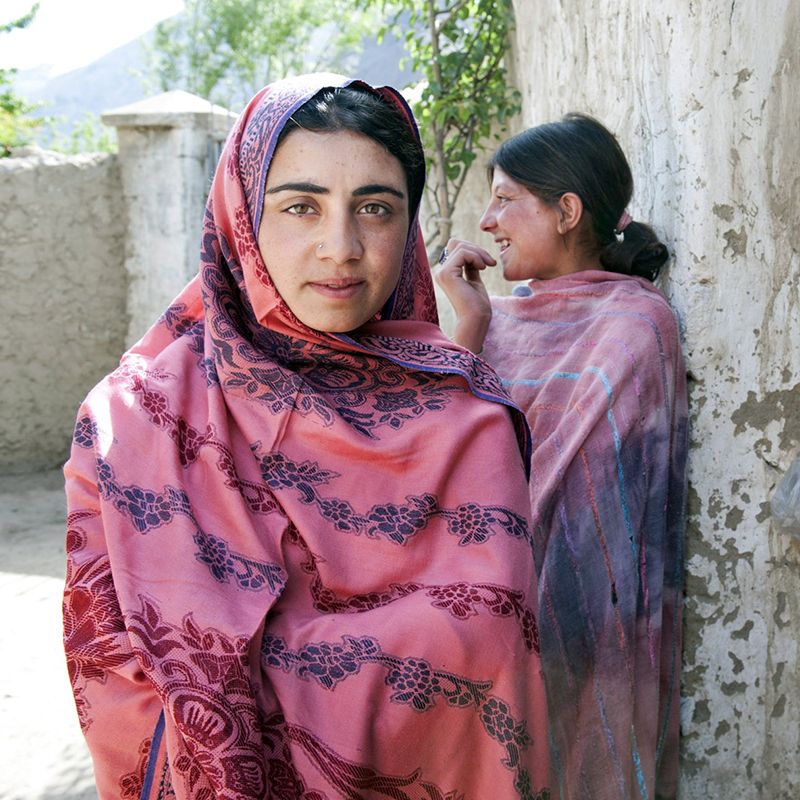For most of us, the thought of growing up without at least a basic education is unfathomable. But for children in Central Asia, multiple barriers prevent them from learning including poverty, lack of schools, armed conflict, or decades-old traditions. Central Asia Institute supports children and communities to overcome these obstacles by offering educational programs to students of all ages, from preschool to adult literacy.
This includes furnishing students, both girls and boys, with uniforms and supplies that make schoolwork possible as well as providing tutoring for students who want to excel in English, Math, and Computer Science. For students yearning for advanced schooling, we also offer college prep and scholarship programs. And while we support programs for both girls and boys, we focus primarily on supporting girls.
We feel that “she” is the key. In the regions where we work, most women aren’t educated. In Afghanistan, 60% of the 3.7 million out-of-school children are girls. Similarly, in nearby Pakistan, most of the 70% of school-age children not currently enrolled in school are girls. And while levels of girls’ primary education are higher in Tajikistan, girls are more likely than boys to be forced to drop out of secondary school and far fewer graduate from high school. This is despite females’ enormous desire to learn.
Surveys of Afghan women show that the most significant challenges they face are not unemployment, lack of rights, or poverty. It’s illiteracy and a lack of education.

Numerous challenges – from poverty to society pressure – contribute to low female enrollment in school. That’s why Central Asia Institute offers several alternative learning programs to formal schools. With our community-based learning program, we bring the school to the community, holding classes in homes.
We also offer expedited learning programs. These in-home sessions are designed to help get children and women who have been forced to drop out of school, or who missed out on education altogether, back on track by offering accelerated courses of study.
KEEP UP WITH THE LATEST NEWS
Sign up to receive updates and stories from the field.
Privacy Statement | Copyright 2025 Central Asia Institute. All rights reserved. Site Map
CAI is a U.S.-registered nonprofit 501(c)(3) organization, EIN #51-0376237. Contributions may be tax-deductible in the U.S.